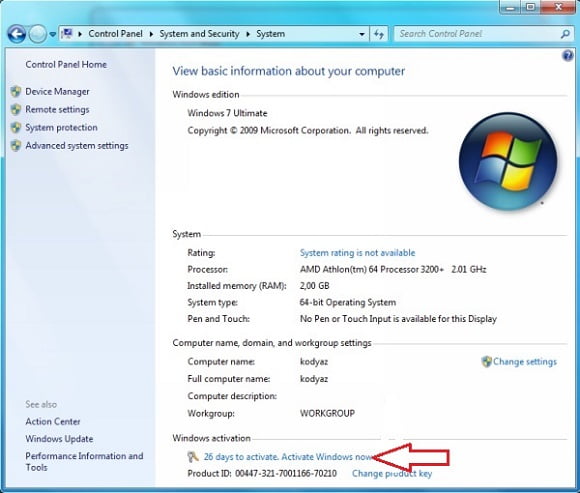Openssl Generate Rsa Key Pair Passphrase
2 days ago.The Problem.: The CSR Generator on the Access Gateway If I understand it correctly generating RSA key pair in FIPS 140-2 compliant environment will never show the private part of the RSA key pair as it is protected by cryptographic module. NOTE: This generator will not work in IE, Safari 10 or below, and “mini” browsers.
- Openssl Generate Rsa Key Pair Passphrase Code
- Openssl Generate Rsa Key Pair With Password
- Openssl Generate Rsa Key Pair Without Passphrase
OpenSSL is a robust, commercial-grade, and full-featured toolkit for the Transport Layer Security (TLS) and Secure Sockets Layer (SSL) protocols. It’s useful but hard to remember so many commands, so I have listed some common usages below.
Yes, it is possible to deterministically generate public/private RSA key pairs from passphrases. For even passable security, the passphrase must be processed by a key-stretching function, such as Scrypt (or the better known but less recommendable PBKDF2 ), and salt (at least, user id) must enter the key-stretching function. To then obtain the matching public key, you need to use openssl rsa, supplying the same passphrase with the -passin parameter as was used to encrypt the private key: openssl rsa -passin file:passphrase.txt -pubout (This expects the encrypted private key on standard input - you can instead read it from a file using -in ). The openssl req command from the answer by @Tom H is correct to create a self-signed certificate in server.cert incl. A password-less RSA private key in server.key: Here is how it works. Omitting -des3 as in the answer by @MadHatter is not enough in this case to create a private key without passphrase. Mar 28, 2014 SSH private / public key pair & self sign certificate. One of the most common forms of cryptography today is public-key cryptography helps to communicate two system by encrypting information using the public key and information can be decrypted using private key. These keys are using mainly on login to server securely and also transferring data securely. Yes, it is possible to deterministically generate public/private RSA key pairs from passphrases. For even passable security, the passphrase must be processed by a key-stretching function, such as Scrypt (or the better known but less recommendable PBKDF2 ), and salt (at least, user id) must enter the key-stretching function.

General OpenSSL Commands
Openssl Generate Rsa Key Pair Passphrase Code

Generate a new RSA private key
Generate a new ECC private key
Generate a new private key and Certificate Signing Request
Generate a self-signed certificate
Generate a certificate signing request (CSR) for an existing private key
Generate a multi-domain SSL certificate signing request (CSR) for an existing private key
Generate a certificate signing request based on an existing certificate
Remove a passphrase from a private key
Checking Using OpenSSL
Check a Certificate Signing Request (CSR)
Check a private key Origin cd key generator download.
Check a certificate
Check a PKCS#12 file (.pfx or .p12)
Check the chained certificates
Debugging Using OpenSSL
Openssl Generate Rsa Key Pair With Password
Check an MD5 hash of the public key to ensure that it matches with what is in a CSR or private key
Check an SSL connection. All the certificates (including Intermediates) should be displayed
Check an SSL connection using specified CA
Converting Using OpenSSL
Openssl Generate Rsa Key Pair Without Passphrase
Convert a DER file (.crt .cer .der) to PEM
Convert a PEM file to DER
Convert a PKCS#12 file (.pfx .p12) containing a private key and certificates to PEM
Convert a PEM certificate file and a private key to PKCS#12 (.pfx .p12)
